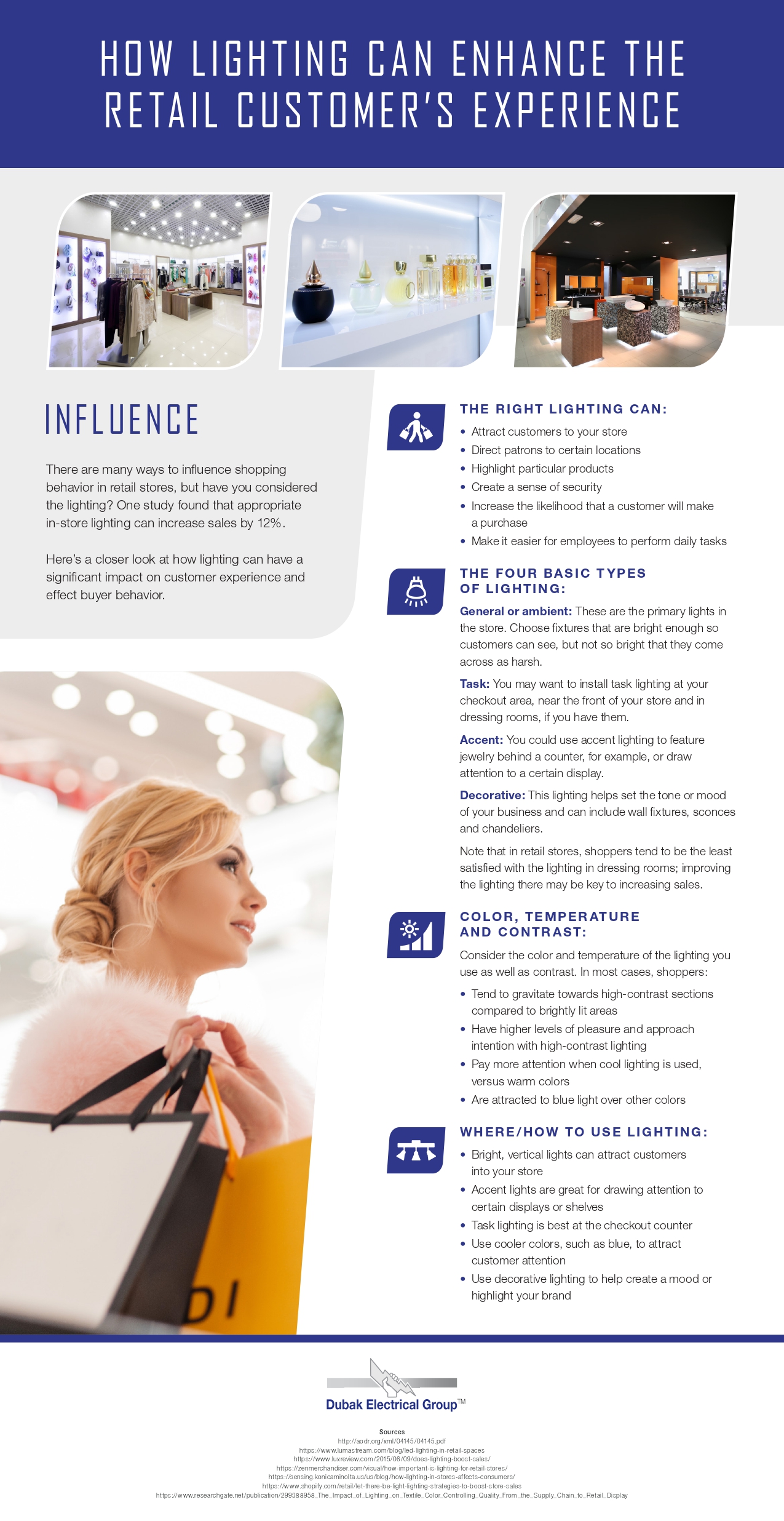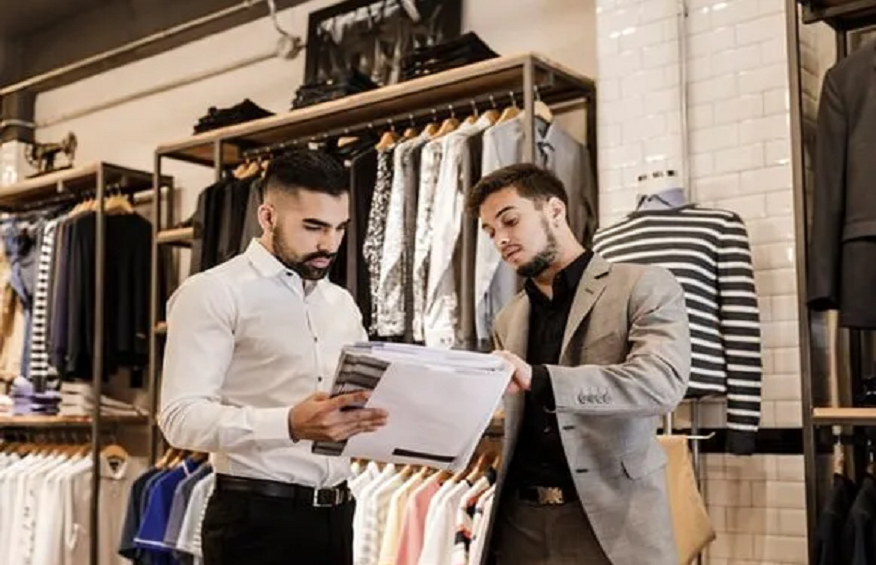The world of fashion retail is a vibrant and dynamic industry, comprising various business models and formats.
From upscale boutiques to fast-fashion chains and online marketplaces, the realm of fashion retail offers a wide range of choices for consumers.
In this article, we delve into the different types of fashion retail, shedding light on their distinctive features and exploring the variety they bring to the ever-evolving fashion landscape.
1. High-End Fashion Retail
High-end fashion retail represents the epitome of luxury and exclusivity. These establishments are renowned for their designer collections, impeccable craftsmanship, and personalized shopping experiences.
Brands like Chanel, Gucci, and Louis Vuitton are synonymous with high-end fashion retail, where customers seek unique and prestigious products along with exceptional customer service.
2. Department Stores
Department stores are expansive retail spaces that house a vast array of fashion brands, along with other product categories such as cosmetics, home furnishings, and electronics.
Examples include iconic stores like Harrods in London, Macy’s in the United States, and Galeries Lafayette in Paris.
Department stores offer a one-stop shopping experience, catering to a diverse range of customer preferences and budgets.
3. Boutique Stores
Boutique stores are small-scale, specialized retail spaces that focus on specific fashion niches or curated collections.
These establishments often carry unique and independent brands, showcasing a distinct aesthetic or catering to a particular target audience.
Boutique stores provide a more intimate shopping environment, with personalized attention from knowledgeable staff that curate a carefully selected range of products.
4. Fast-Fashion Chains
Fast-fashion chains have revolutionized the fashion industry with their ability to quickly replicate runway trends and deliver affordable clothing to the masses.
Brands like Zara, H&M, and Forever 21 have perfected the art of fast-turnaround production, enabling consumers to stay on top of the latest fashion trends without breaking the bank.
Fast-fashion chains typically offer frequent product turnover, low prices, and a wide variety of styles.
5. Online Retail
The rise of e-commerce has revolutionized the fashion retail landscape, allowing consumers to browse and purchase clothing and accessories from the comfort of their homes.
Online retail encompasses a wide range of models, including brand-specific websites, multi-brand retailers, and online marketplaces like Amazon and Alibaba.
Online fashion retail offers convenience, accessibility, and an extensive range of products, often accompanied by user reviews and personalized recommendations.
6. Pop-Up Stores
Pop-up stores have gained popularity in recent years as temporary retail spaces that appear for a short period, typically to create buzz or promote a specific product or collaboration.
These stores often have a unique theme, limited edition items, or interactive experiences, creating a sense of urgency and exclusivity.
Pop-up stores are known for their ability to generate excitement and engagement among consumers.
7. Outlet Stores
Outlet stores specialize in offering discounted merchandise from high-end and mainstream fashion brands.
These stores provide an opportunity for consumers to purchase designer products at more affordable prices.
Outlet malls, such as Woodbury Common in the United States and Bicester Village in the United Kingdom, are popular destinations for bargain hunters seeking discounted fashion items.
8. Vintage and Thrift Stores
Vintage and thrift stores cater to individuals looking for unique, one-of-a-kind fashion pieces with a sense of history.
These stores offer second-hand clothing, accessories, and sometimes even furniture from different eras.
Vintage and thrift shopping has gained popularity as a sustainable and eco-friendly alternative to fast fashion, allowing consumers to embrace individual style and reduce their environmental impact.
9. Concept Stores
Concept stores are retail spaces that go beyond just selling products. They often combine fashion with art, design, and lifestyle elements to create immersive and curated experiences.
Concept stores focus on storytelling, aesthetics, and creating a distinct atmosphere that resonates with their target audience.
These stores frequently collaborate with emerging designers, host art exhibitions, and offer unique products that cannot be found elsewhere.
10. Online Subscription Services
Online subscription services have gained traction in the fashion industry, offering personalized styling and curated selections delivered directly to the customer’s doorstep.
Companies like Stitch Fix and Rent the Runway allow customers to subscribe to monthly or seasonal boxes, providing them with a personalized selection of clothing and accessories based on their preferences and style profiles.
This model offers convenience, personalized recommendations, and the opportunity to explore new fashion trends without the commitment of purchasing.
12. Luxury Resale Platforms
Luxury resale platforms, such as The RealReal and Vestiaire Collective, have emerged as a popular option for consumers seeking pre-owned luxury fashion items.
These platforms provide a trusted marketplace for individuals to buy and sell authenticated designer products at a fraction of their original retail prices.
Luxury resale not only allows fashion enthusiasts to access coveted luxury brands at a more affordable price point but also promotes sustainability by extending the lifespan of fashion items.
13. Showroom Stores
Showroom stores focus on providing an immersive and personalized shopping experience for customers.
These stores typically have a limited selection of merchandise on display, allowing customers to try on and experience the products in person.
Showroom stores often prioritize exceptional customer service, offering individualized attention and expert guidance to help customers make informed purchasing decisions.
While actual transactions may occur online or through other channels, the showroom serves as a physical space to engage and connect with the brand.
14. Streetwear Retailers
Streetwear retailers specialize in urban-inspired fashion, often influenced by youth culture, music, and sports.
These stores offer a range of clothing, footwear, and accessories that reflect the latest trends in street fashion.
Brands like Supreme, Off-White, and BAPE are renowned for their streetwear aesthetics and limited-edition collaborations that generate significant buzz and demand among fashion enthusiasts.
15. Eco-Friendly and Sustainable Fashion Retail
As sustainability becomes increasingly important in the fashion industry, eco-friendly and sustainable fashion retailers have emerged to cater to conscious consumers.
These stores focus on offering ethically produced, environmentally friendly clothing and accessories. They prioritize sustainable materials, fair trade practices, and transparency in their supply chains.
Brands like Patagonia, Reformation, and Everlane are known for their commitment to sustainability and social responsibility.
16. Fashion Rental Platforms
Fashion rental platforms have gained popularity as a sustainable alternative to traditional retail.
These platforms allow customers to rent clothing, accessories and even high-end designer pieces for a specific period.
Customers can enjoy wearing different outfits for special occasions or experiment with new styles without the need for long-term ownership.
17. Luxury Fashion Experiences
Luxury fashion experiences go beyond traditional retail, offering customers immersive and exclusive opportunities to engage with luxury brands.
These experiences can include private shopping appointments, runway shows, fashion events, and VIP access to limited-edition collections.
Luxury brands often curate unique experiences to foster a deeper connection with their customers, enhance brand loyalty, and create a sense of exclusivity.
18. Online Influencer Stores
With the rise of social media influencers, some fashion retailers collaborate with popular influencers to create their own online stores.
These stores feature curated collections or collaborations designed by the influencers themselves.
By leveraging their online presence and personal style, influencers attract their followers and offer them a unique shopping experience that reflects their individual taste and aesthetic.
Conclusion
The world of fashion retail is a diverse and multifaceted domain, offering a myriad of choices to suit various tastes, preferences, and budgets.
From high-end luxury boutiques to fast-fashion chains and online marketplaces, each type of fashion retail brings its unique value proposition and caters to specific consumer needs.
By understanding the different types of fashion retail, consumers can make informed choices and enjoy a shopping experience tailored to their preferences.
Learn how your retail store can use lighting to enhance their customer’s experience using the tips below.

Provided by industrial electrical services company, Dubak Electrical Group


